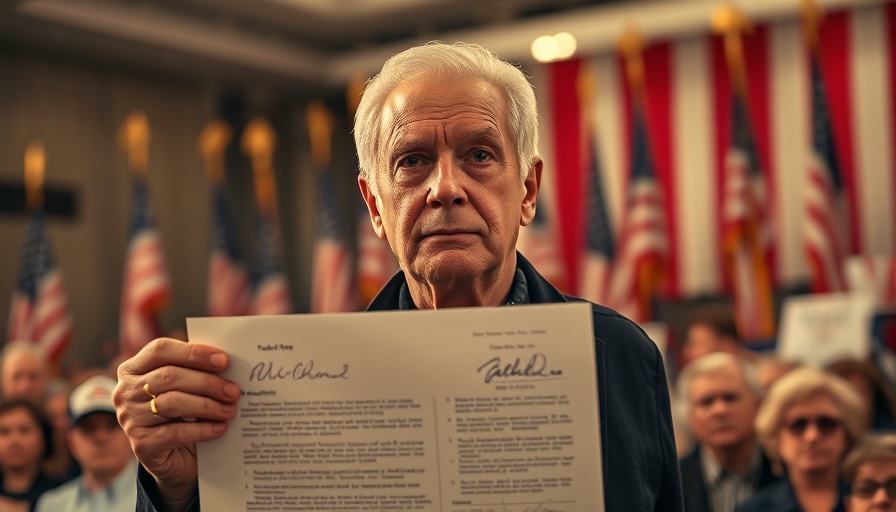
Trump’s Ambitious Counterrevolution Unfolds
In an unprecedented approach, President Donald Trump has embarked on a transformative campaign that promises to reshape the American political landscape. After just 100 days in office, Trump's objectives have drawn comparisons to the sweeping reforms introduced by Franklin D. Roosevelt during the New Deal and the economic revival strategies of Ronald Reagan. Unlike any Republican leader before him, Trump has initiated a counterrevolution targeting various aspects of progressivism, including economic, political, cultural, and military sectors.
Setting a Radical Agenda
Trump’s first months in office reflect a radical departure from standard expectations of presidential governance. According to political experts, his expansive vision seeks not only to evoke nostalgia for a different America but also aims to fundamentally redefine the nation's future. Hanson argues that this counterrevolution is not merely reactionary but rather a cohesive effort to establish a new American paradigm—a task unparalleled in modern history.
Political Implications: A Historic Shift
Trump's initiatives raise questions about the future of the Republican Party and America’s relationship with progressive policies. While some analysts welcome the challenge to the establishment, others voice concerns regarding potential divisiveness in the nation.
Critics argue that Trump’s approach may provoke backlash from progressives, who may see his ambitious agenda as a direct threat to the fabric of American society. Conversely, supporters believe that his strategies could revive a stagnant political discourse that has long favored a liberal agenda.
Cultural Reflections: What It Means for Society
The cultural ramifications of Trump's counterrevolution extend beyond politics, touching on social norms, media freedoms, and civic identity. The pursuit of a counter-narrative has ignited discussions about what constitutes mainstream values in today's America. As Trump reshapes these cultural narratives, citizens are left grappling with their identity and the societal direction. Utilizing a rhetorical style that resonates with many Americans, Trump is effectively repositioning traditional values within a modern context.
Engaging the Public: Opportunities for Action
While debates about Trump’s policies create polarized views, they also foster engagement across the political spectrum. Citizens are being called to action—spurring conversations in town halls, cafes, and on social media platforms. For the top wage earners in Philadelphia, understanding the broader implications of Trump’s policies may lead to informed decisions not only in their personal lives but also in their communities and workplaces. People are encouraged to voice their opinions, advocate or oppose the changes, and participate in the democratic process—ultimately shaping the trajectory of the nation.
Looking Ahead: Predictions and Trends
As the counterrevolution progresses, it becomes critical to anticipate the potential outcomes of these transformative efforts. 2030 could very well be a defining year for America. Depending on how effectively Trump implements his agenda, we may witness either a revived conservative presence or a reasserted progressive resistance. The balance of these forces will likely dictate legislative priorities and cultural dialogues moving forward.
Conclusion: Embrace the Dialogue
The counterrevolution that Trump has ignited presents an opportunity for engagement and critical discourse about the core values shaping America. As individuals, it is imperative to embrace the dialogue surrounding these pressing issues to foster a well-informed electorate. As we reflect on the unfolding narrative, readers are encouraged to stay informed, participate in discussions, and consider how these changes influence not only their political beliefs but the very fabric of American society.
 Add Row
Add Row  Add
Add 




Write A Comment